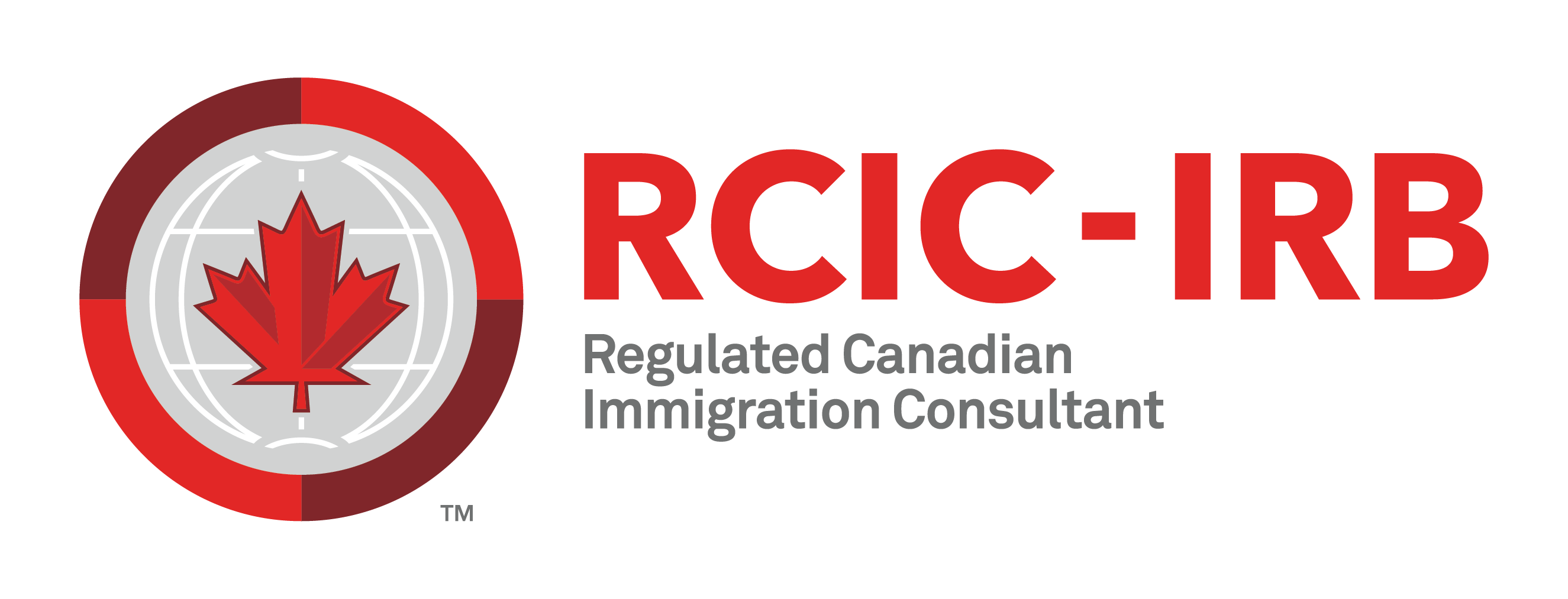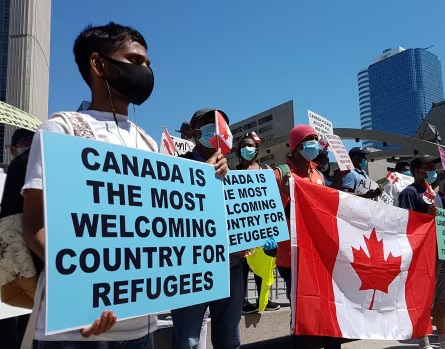Post-graduation work permit
Post-Graduation Work Permits (PGWPs) are available to international students who have graduated from a Canadian Designated Learning Institution (DLI). These permits are open work permits, granting the freedom to work for any employer, anywhere in Canada, without the need for a Labour Market Impact Assessment (LMIA). PGWPs provide an excellent opportunity for graduates to gain valuable Canadian work experience, which can be a crucial step towards becoming eligible for Canada’s permanent residency programs.


Spousal Open work permit
If your spouse is currently working or studying in Canada, or if you have applied to be sponsored for permanent residence by your spouse or partner in Canada, you may be eligible for an open work permit. A spousal open work permit allows the spouse of certain temporary Canadian permit holders to work anywhere in Canada, for any employer, with few restrictions. A spousal open work permit is designed to help individuals stay together during the immigration process. It allows the spouse of a temporary foreign worker or international student in Canada to work for any employer in any location across the country. This permit provides significant flexibility and can be a crucial support for families awaiting the outcome of their permanent residency applications.
LMIA work permit
A Labour Market Impact Assessment (LMIA) is a document issued by Employment and Social Development Canada (ESDC) that evaluates the impact of hiring a foreign national in Canada. A positive LMIA indicates that no Canadian citizen or permanent resident is available to fill the position, thereby allowing an employer to hire a foreign worker. Conversely, a negative LMIA suggests that the position should be filled by a Canadian citizen or permanent resident.
Foreign nationals cannot apply for an LMIA; it is the responsibility of the Canadian employer to obtain this document. While there are instances where hiring a foreign worker may be exempt from needing an LMIA or a work permit, all streams of Canada’s Temporary Foreign Worker Program (TFWP) generally require an LMIA for hiring outside of Canada. Additionally, many of Canada’s pathways to permanent residency require applicants to present a positive LMIA to claim points for a Canadian job offer.
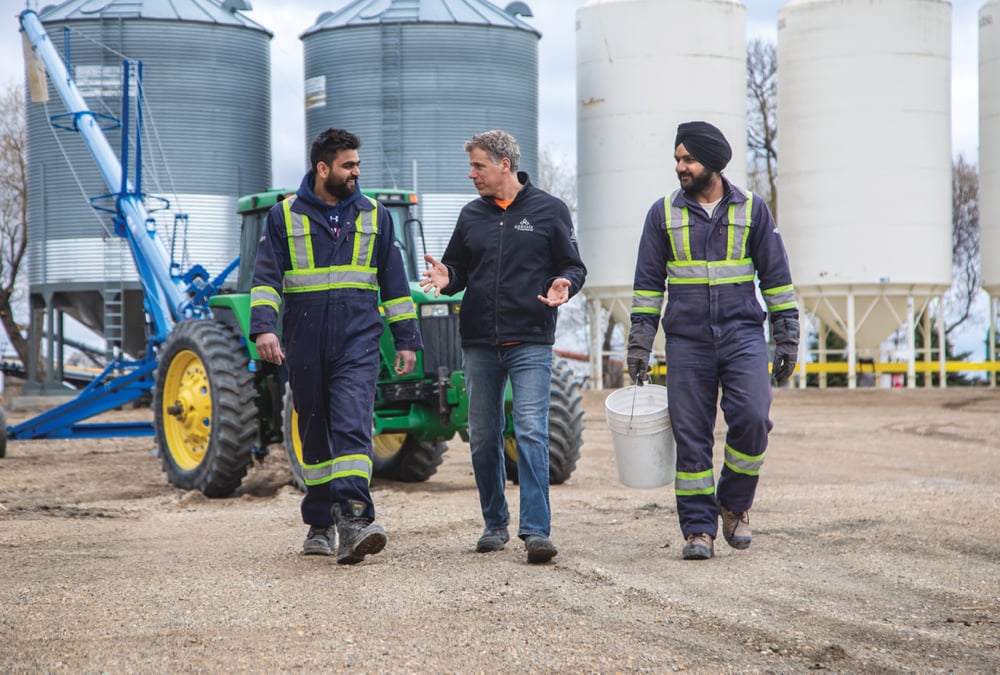

Bridging open work permit
The Bridging Open Work Permit (BOWP) allows foreign nationals currently working in Canada to extend their status while awaiting a decision on their permanent residency application. To be eligible for a BOWP, applicants must have submitted a permanent residency application and already hold a valid work permit.
A successful BOWP application results in an open work permit, which allows the holder to work for multiple employers in various locations of their choosing. Typically, bridging open work permits are issued for 24 months. If the processing time for the permanent residency application exceeds the validity of the BOWP, extensions may be granted for an additional 12 months.
It is important to note that a bridging open work permit will not be issued beyond the validity period of the applicant’s passport.
Work permit Extension
A work permit extension allows foreign nationals currently working in Canada to continue their employment beyond the initial expiration date of their existing work permit. This extension is crucial for maintaining legal status and ensuring uninterrupted employment while the new permit application is being processed. When a foreign national’s work permit is nearing its expiration date, it’s essential to apply for an extension to continue working legally in Canada. This extension is necessary to avoid any gaps in employment and to remain compliant with Canadian immigration laws. The extension not only preserves the worker’s status but also provides peace of mind for employers who rely on their skills and contributions.
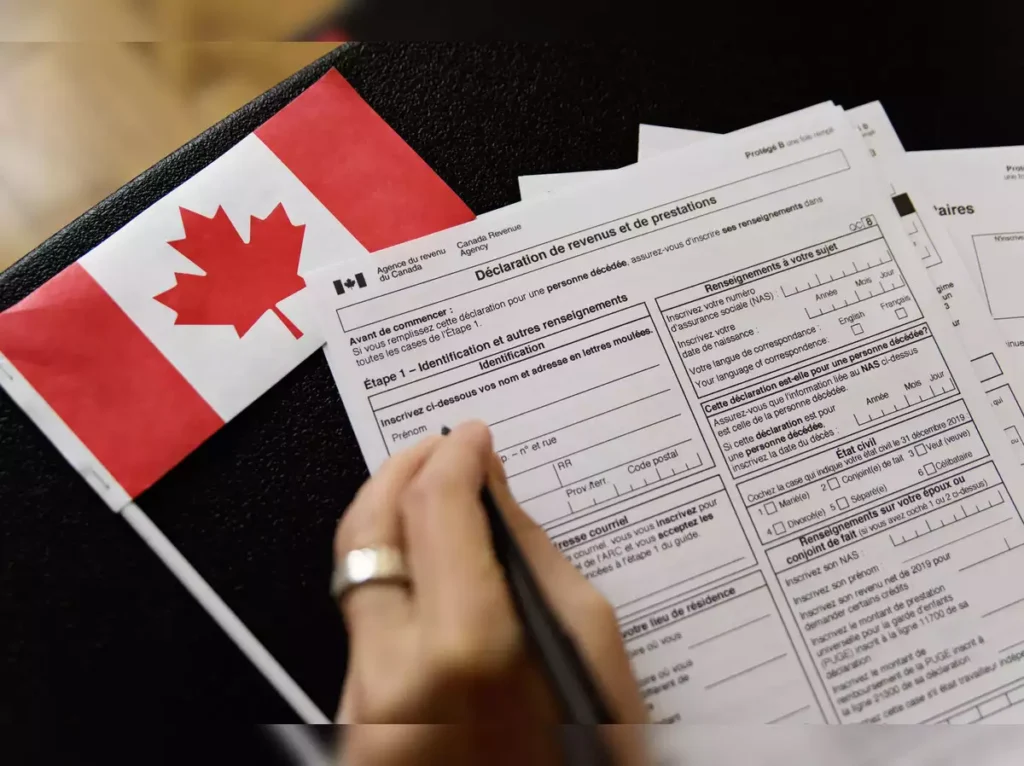
Canadian Experience Class Program
Skilled workers who have Canadian work experience
Federal Skilled Worker Program
Skilled workers with foreign work experience
Federal Skilled Trades Program
Skilled workers who are qualified in a skilled trade
Refugee Sponsorship
There is also an option to sponsor a refugee to help them resettle to Canada. They have to sign sponsorship agreement with the Government of Canada. These groups are known as Sponsorship Agreement Holders. Other sponsors, known as Groups of Five and Community Sponsors, are people or groups in the community who have come together to sponsor refugee(s). They do not generally sponsor refugees on an ongoing basis.
You may not be eligible for asylum if:
You have a previous denied refugee claim
You have been convicted of serious criminal offences
CLIENTS REVIEWS
What Our Happy Customer Says
About Land2Air Immigration Services
2102
+
Temporary Applications
1463
+
Permanent Residencies
713
+
Refugee applications
1241
+
Citizenships

